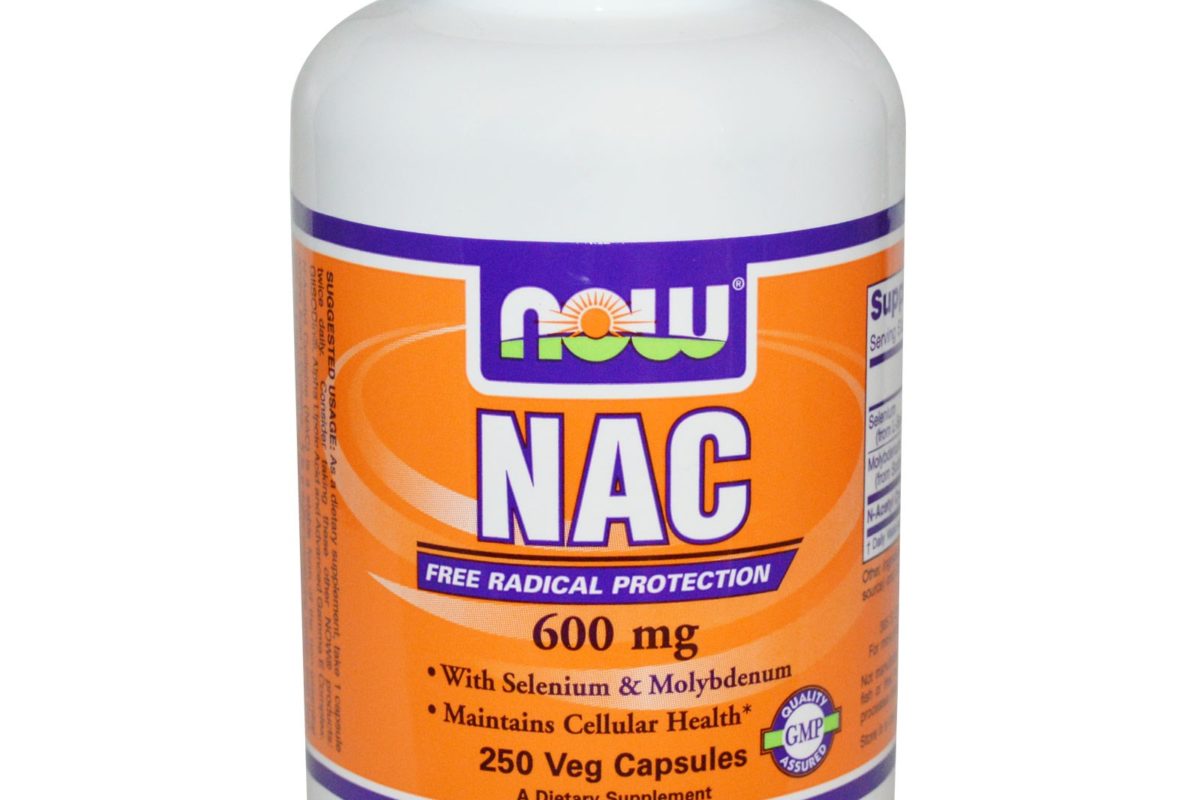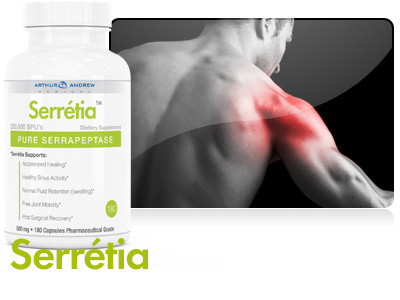For more than three decades, a safe, low-cost compound has provided millions of people relief from the coughing, wheezing, and thick phlegm associated with cold and flu. Of course, pharmaceutical companies long ago co-opted it for profit by incorporating it into various patented drugs.
The sad consequence is that most aging individuals have never heard of it. Even many doctors remain unaware of its potential role as a front-line defense against some of today’s most deadly public health threats, including:
- Acetaminophen toxicity and acute liver failure: the number one cause of acute liver failure in the United States.1
- Influenza: whose victims are primarily aging individuals—three quarters of all flu-related deaths occur in the elderly.2
- Chronic obstructive pulmonary disease: the fourth-leading cause of death in the United States (includes emphysema and chronic bronchitis).2
- Helicobacter pylori: the bacterial culprit behind stomach ulcers, and a potentially lethal pathogen closely linked to malignant gastric cancer, the second most frequent cause of cancer death worldwide
Other benefits of NAC
- Long relegated to infrequent use in unusual circumstances, the amino acid-derived compound N-acetyl cysteine (NAC) has drawn increased scientific attention.
- NAC replenishes levels of the intracellular antioxidant glutathione (GSH), which is often deficient with advancing age and in chronic illness.
- NAC also regulates expression of scores of genes in the pathways that link oxidative stress to inflammation.
- These dual effects give NAC a unique role in the prevention and treatment of many common diseases, both acute and chronic.
- NAC can protect against avian influenza and more common seasonal flu symptoms.
- NAC reduces the frequency and duration of attacks of chronic obstructive pulmonary disease (COPD) and may slow the clinical course of idiopathic pulmonary fibrosis (IPF).
- NAC protects tissues from the effects of exercise-induced oxidative stress, adding value and safety to your workout.
- NAC improves insulin sensitivity in people with some of the most difficult-to-treat metabolic disorders.
- NAC blocks cancer development at virtually every step in the process, and through multiple mechanisms, making it an important cancer chemopreventive agent.
- NAC fights the stomach infection Helicobacter pylori on two fronts, inhibiting the organism’s growth while reducing production of inflammatory cytokines that can lead to gastritis and cancer.
- Though most individuals gain benefits from 600-1,800 mg/day, clinical studies have found that doses of up to 2,000 mg/day are safe and effective. A recent study demonstrated the safety of 2,800 mg/day for 3 months in patients with COPD.
For the entire article on N-acetyl Cysteine by Julius Goepp, MD click here





